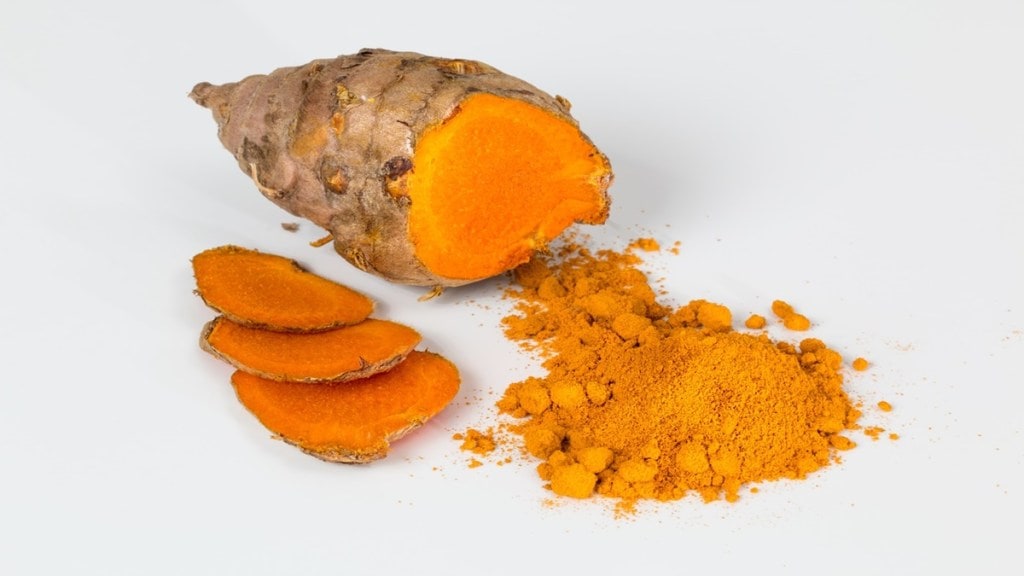Turmeric, an extremely common spice, has many benefits. It is a flowering plant in the ginger family Zingiberaceae and it is native to Indian subcontinent. Interestingly, the popular spice has been used in ayurvedic and other forms of traditional medicine in China and India.
According to Johns Hopkins, the active ingredient in turmeric is a natural compound (polyphenol) called curcumin, which has both antioxidant and anti-inflammatory properties.
Here are some popular benefits of raw turmeric:
Raw turmeric can be beneficial in conditions like:
- Inflammation
- Degenerative eye conditions
- Metabolic syndrome
- Arthritis
- Hyperlipidemia (cholesterol in the blood)
- Anxiety
- Muscle soreness after exercise
- Kidney health
In Ayurvedic medicine, one of turmeric’s traditional uses is to aid digestion.
According to Medical News Today, there is growing interest in curcumin as a potential cancer treatment. However, the National Cancer Institute emphasizes that clinical trials are still in their early stages.
Research suggests that curcumin may help protect against many steps in the heart disease process.
What are some of side-effects of turmeric?
Although there are numerous benefits of turmeric, too much can be very risky. According to Johns Hopkins, turmeric supplements may increase your risk of kidney stones, especially if this runs in your family.
Moreover, curcumin supplements contain much higher concentrations of the compound than a person would consume by eating food flavored with the spice or by drinking turmeric tea. Consequently, you should be careful.
While turmeric is safe for most people when enjoyed in tea or food, if you are allergic to the spice, eating it may cause a rash, hives or abdominal pain, Johns Hopskins revealed.
